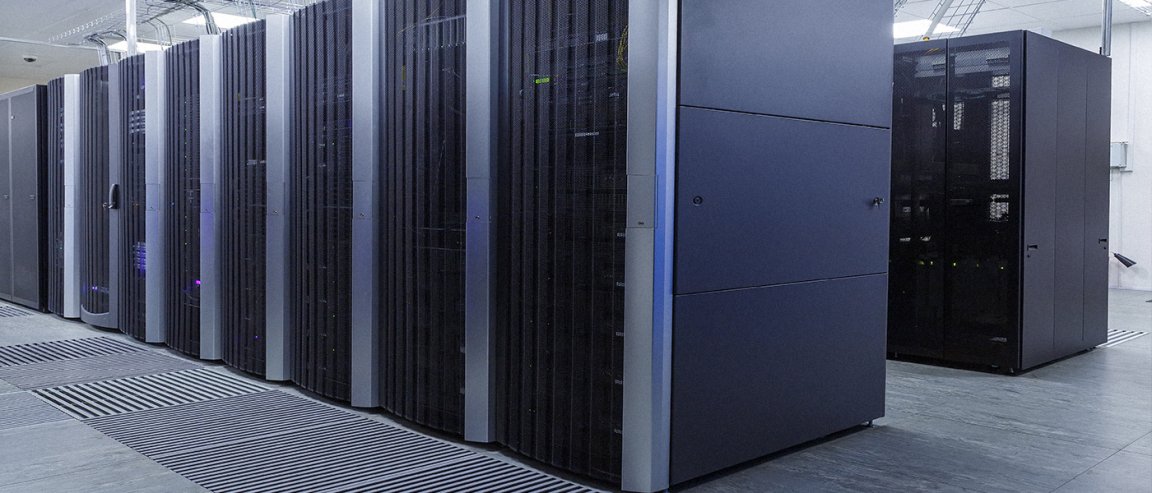
The Fastest Computer in the World
China just announced that they plan to release a prototype of an exascale computer by the end of this year. Just to put that into perspective, this computer would be capable of one quintillion (a billion billion) or 1,000,000,000,000,000,000 calculations per second. The machine would technically be classified as a ‘super-supercomputer.’
The enhanced supercomputer goes beyond any technological limits previously set by China. “A complete computing system of the exascale supercomputer and its applications can only be expected in 2020, and will be 200 times more powerful than the country’s first petaflop computer Tianhe-1, recognized as the world’s fastest in 2010,” stated Zhang Ting, application engineer from the Tianjin-based National Supercomputer Center.

To put the performance capabilities of the Tianhe-1 into perspective as well, a single petaflop can compute one quadrillion arithmetic operations per second. An exascale system would be 1,000 petaflops. The only other supercomputer that nearly contains that functionality is China’s Sunway TaihuLight, which can reach up to 125 petaflops per second, it was the world’s first computer to exceed 100 petaflops.
The purpose of China’s exascale computer is two-fold. First, they’re trying to build a supercomputer program that will improve their scientific research capabilities. Second, they’re trying to build an IT industry that’s independent of the U.S.
The Future of Supercomputing
The U.S. has its own plans to develop an exascale system. While China’s release date is set for 2020, and they expect to have a prototype available by 2018, America predicts they will complete their system in 2023. According to the U.S. Department of Energy, the Exascale Computing Project will completely and utterly revolutionize the research industry. They mention the possibilities as follows:
“At a [quintillion] calculations per second, exascale computers will be able to quickly analyze massive volumes of data and more realistically simulate the complex processes and relationships behind many of the fundamental forces of the universe. Exascale computers will more realistically simulate the processes involved in precision medicine, regional climate, additive manufacturing, the conversion of plants to biofuels, the relationship between energy and water use, the unseen physics in material discovery and design…and much more.”
These predictions are just a piece of what exascale computers could be used for. But if it’s a race between China and the U.S. in their release and performance of exascale systems within the next few years, the U.S. has a lot of work to do.
For now, all that is certain is that the next few years will reveal incredible advances with China’s exascale computing system release. Many say that a computing system at this level would rival the processing power of a human brain at the neural level. And while many are making predictions about the potential innovation that is bound to follow this release, it is impossible to say for sure what could happen. All we can know for sure is that research and science as we know it will be able to grow in ways we have yet to understand.